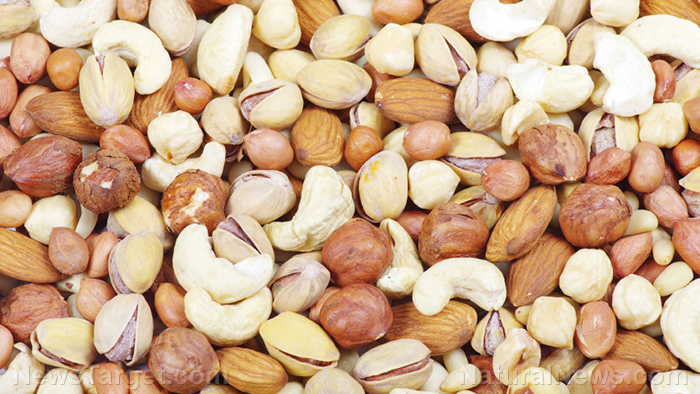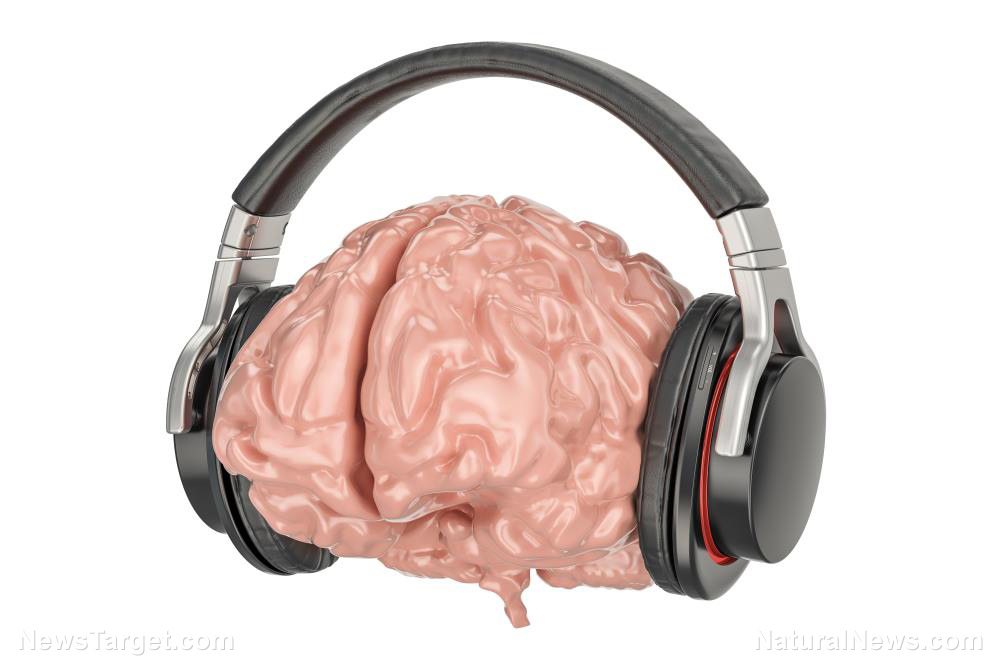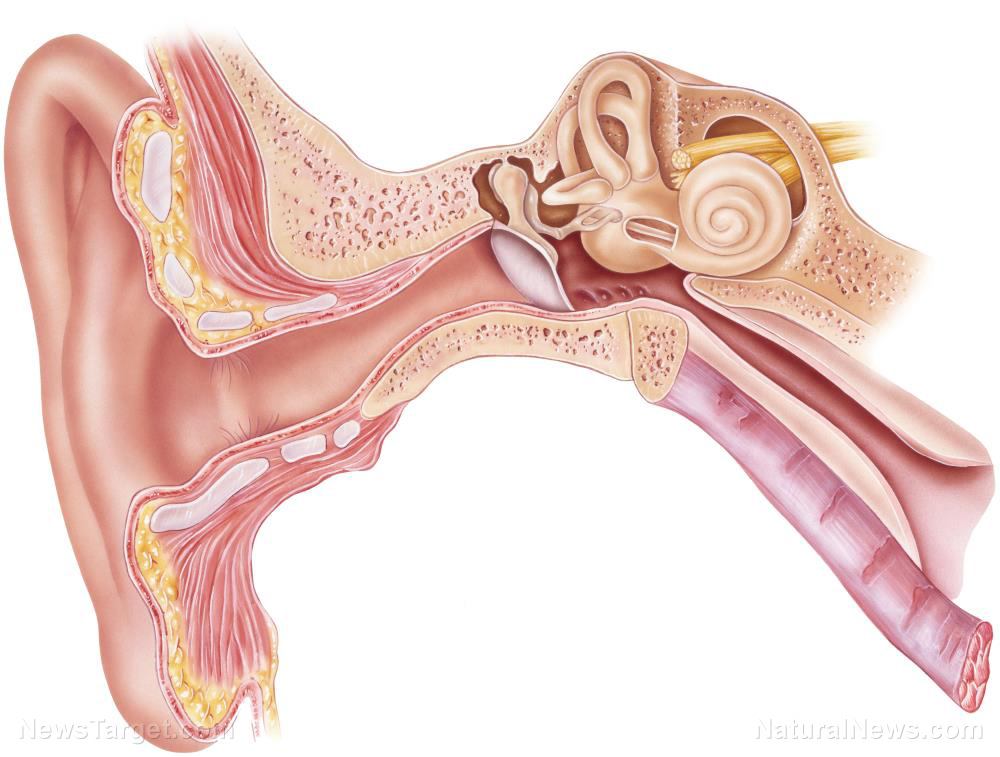Childhood traumas can stay with you for life – by messing with your hormone levels, says study
11/27/2019 / By Melissa Smith

Your stress levels today may be influenced by your stressful childhood experiences. A study published in the journal Psychological Science found that people who had a rough childhood tend to have higher stress levels in adulthood. The study’s researchers found that these people have a cortisol pattern that could lead to adverse health outcomes.
When you are stressed, your adrenal glands release the steroid hormone cortisol, the body’s main stress hormone. The levels of cortisol typically peak in the mornings then gradually decline throughout the day. They are at their lowest before you sleep at night.
For this study, the U.S. researchers used a longitudinal sample of adults followed from birth. They analyzed three models of the effect of stress exposure on daily cortisol: the cumulative model, the biological-embedding model, and the sensitization model.
The cumulative model focuses on cumulative life stress. The biological-embedding model focuses on early childhood stress, while the sensitization model looks at how current life stress interacts with early life stress to produce flat diurnal cortisol slopes.
The results showed that people who had high stress during childhood and in adulthood, particularly at age 37, had a flatter cortisol pattern. This meant that it is not going through the healthy fluctuations as it is supposed to.
The researchers also found that the amount of a person’s exposure to stressful situations in early life plays a key role in the development of unhealthy patterns of cortisol release. However, this only applies if individuals are also experiencing higher levels of stress currently. This suggested that the combination of high stress levels in early life and in current life leads to the unhealthiest cortisol profiles.
Fortunately, it does not necessarily mean that all people who had experienced childhood traumas will show this cortisol pattern in their adult life. Instead, it is a combination of the two – stress as a child and stress as an adult – that could result in poor health outcomes. Having high levels of stress for a long period has been associated with problems like hormonal imbalance, sleep problems, and a weak immune system. (Related: Keep Cortisol at Bay: How to Balance the Stress Hormone.)
Lowering your cortisol levels
While you can’t erase your stressful childhood experiences, there are things that you can do to manage your cortisol levels now.
- Exercising – Being physically active not only improves your physical health, but it can also improve your mood and overall mental health. However, intense exercises may trigger an increase in cortisol levels. Settle for moderately intense exercise routines.
- Finding a hobby – Hobbies can be rewarding and satisfying, which can lead you to a full and healthier life, and an increased sense of well-being.
- Following a healthy diet – Your diet can affect your cortisol levels. Consume bananas, black or green tea, dark chocolate, pears, and probiotics to keep your cortisol levels stable.
- Getting enough sleep and having a bedtime routine – The amount and quality of sleep can affect your cortisol levels. Sleep deprivation can result in increased cortisol levels. To make your sleep longer and of better quality, maintain a consistent bedtime routine. Turn off the lights, keep your phone away, and limit your fluid intake before bedtime to reduce the risk of disturbed sleep.
- Avoiding caffeine at night – If you are trying to lower your cortisol levels, avoid consuming food and drinks with caffeine in the evening. Caffeine is an energy-booster and can disrupt your sleep, which is essential for keeping cortisol levels low.
- Taking supplements – Natural supplements like fish oil and ashwagandha have been shown to lower the levels of cortisol.
- Trying relaxation techniques – Practicing relaxation techniques, such as meditation, mindfulness, and breathing exercises, can help you manage and deal with stress more effectively.
Read more stories on how to take care of your mental health at Brain.news.
Sources include:
Tagged Under: brain function, brain health, child health, childhood experiences, childhood trauma, Cortisol, mental health, mind body science, research, stress management
RECENT NEWS & ARTICLES
COPYRIGHT © 2017 BRAIN NEWS



















